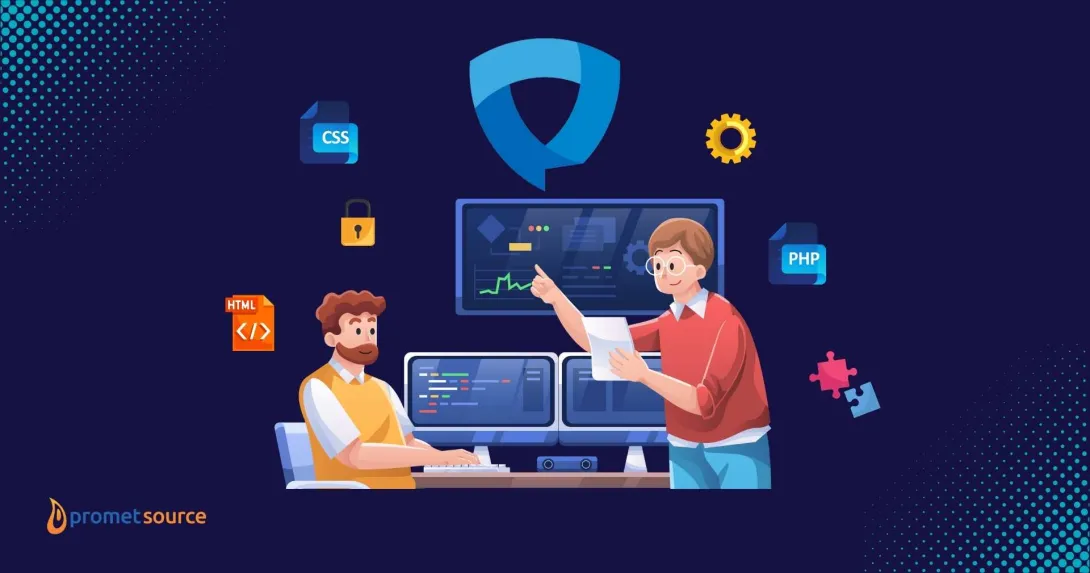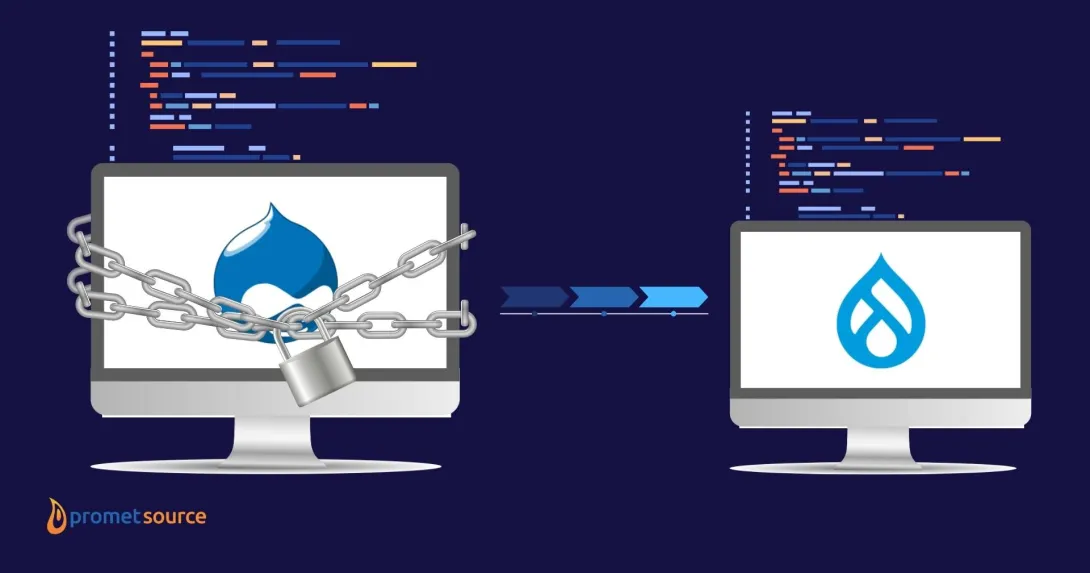Drupal CMS Removes Vendor Lock for Orange County Site

Read how the migration to the Open Source Drupal CMS in Orange County, California would no longer be locked with a specific propriety software.
The proprietary software upon which Orange County’s previous website had been built, represented the best available solution at the time it was developed. Over the course of a decade and a half, as Drupal made quantum evolutionary leaps forward, the county’s proprietary web software proved to be unnecessarily costly and difficult to manage. Upgrades and support for the system were on the decline, and eventually the vendor revealed that the software was slated for end-of-life status.
As county stakeholders explored options for moving forward with a modern CMS, the downside of relying on proprietary web software developed by a company that could go in any number of directions, came into sharp focus.
It was determined that the county would be far better served with a CMS developed and driven by a global, open source community, versus a for-profit company.
Essential Objectives
The short list of what Orange County was looking to achieve in migrating to its new Drupal CMS included:
- A consistent user interface and navigation menus across 41 microsites;
- An information architecture that encouraged engagement among a wide range of persona groups;
- An easy-to-use CMS, that enabled non-technical content editors within 41 separate departments to update the site, switch up layouts, and create new pages, as needed;
- Mobile responsiveness and a consistent user experience across every device;
- Robust search functionality;
- A clean, uncluttered, and modern design along with a digital experience that aligned with user expectations; and
- Outstanding project management for driving a transformation of the site within a tight migration timeframe.
No-Code, Drag-and-Drop Content Editing
Provus, which is Promet’s newly launched component-based design system, proved to be a defining factor in the success of the project -- driving a high degree of development efficiency, while empowering site owners and content editors with the ability to with access to a robust library of content editing components.
With Provus, the keys for managing the site have essentially been turned over to individual site owners and an empowered cadre of 100+ content editors
Leveraging Drupal Layout Builder, along with a carefully curated set of components, Provus provides site owners with layout options based upon sets of component blocks that can be mixed and matched for no-code, drag-and-drop content editing. While each of the sites is utilizing the same code base, every department’s site has a distinct database, with a cohesive design language and brand guidelines.
Open Source Advantage
The Open Source Drupal CMS has sparked a depth and breadth of benefits. No longer locked in with proprietary software and the associated vendor licensing fees, Orange County now owns the code to its site and is positioned to benefit from the upgrades, new releases, and collective brainpower of the million-member-strong Drupal Community.
Significant cost savings are resulting from the elimination of proprietary software licensing fees, a favorable hosting fee model with Acquia, and greater efficiencies overall.
Current estimated annual cost savings now stands at $100,000.
Savings stemming from migration to an Open Source CMS are in alignment with Promet’s conviction that public funds should not be used to pay for private code.
Migration to the Open Source Drupal CMS ensured that Orange County would no longer be locked into a relationship with a specific vendor’s proprietary software, and that moving forward, the county would own the code for its site and benefit from the ongoing bug fixes and brainpower of the entire Drupal community worldwide.
Looking to learn more about the Open Source advantage of owning the code for your site, combined with the empowering potential of Provus? Let's talk!
Other Insights & Resources you may like
Get our newsletter
Alright, so, software ate the world. That happened. Technology is now at the heart of every modern company, and as far as we can tell that isn’t changing. That’s the sitch. Our job is to make it more human.






